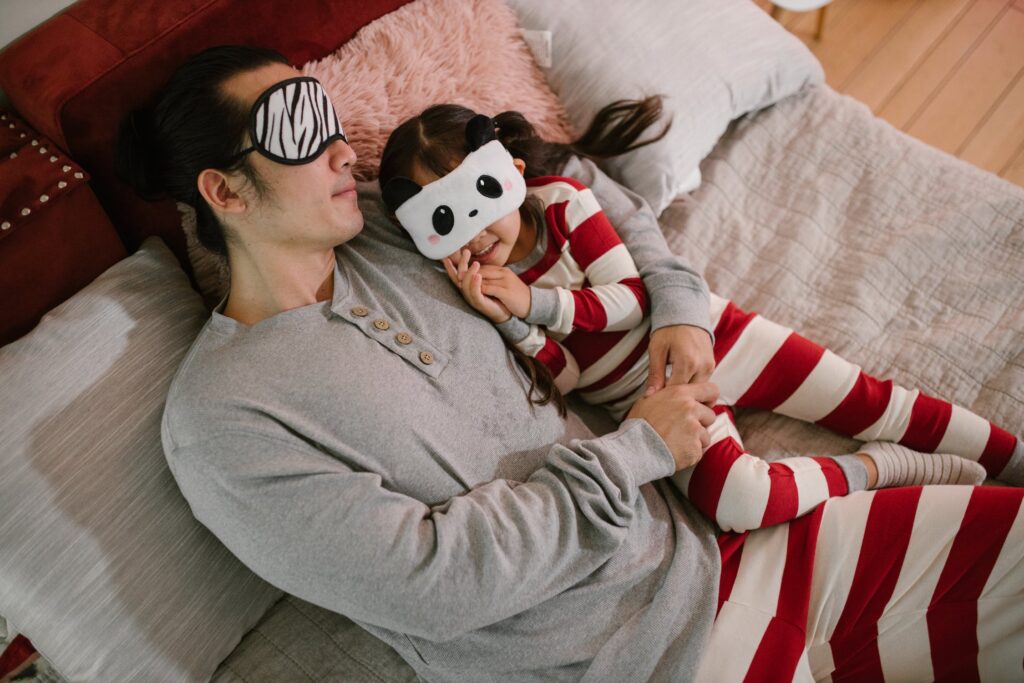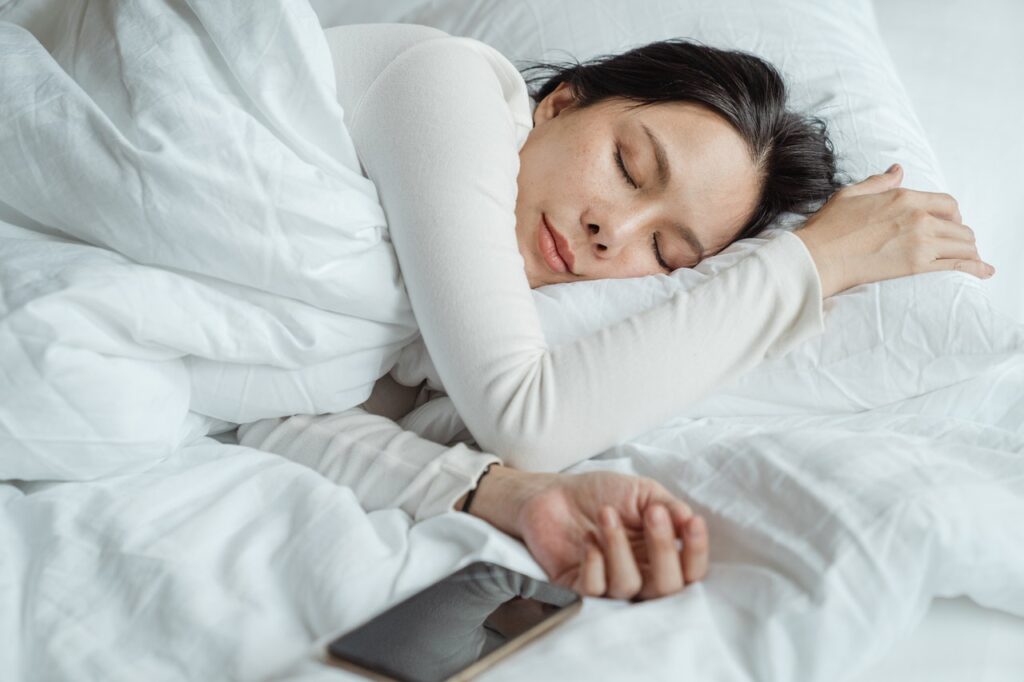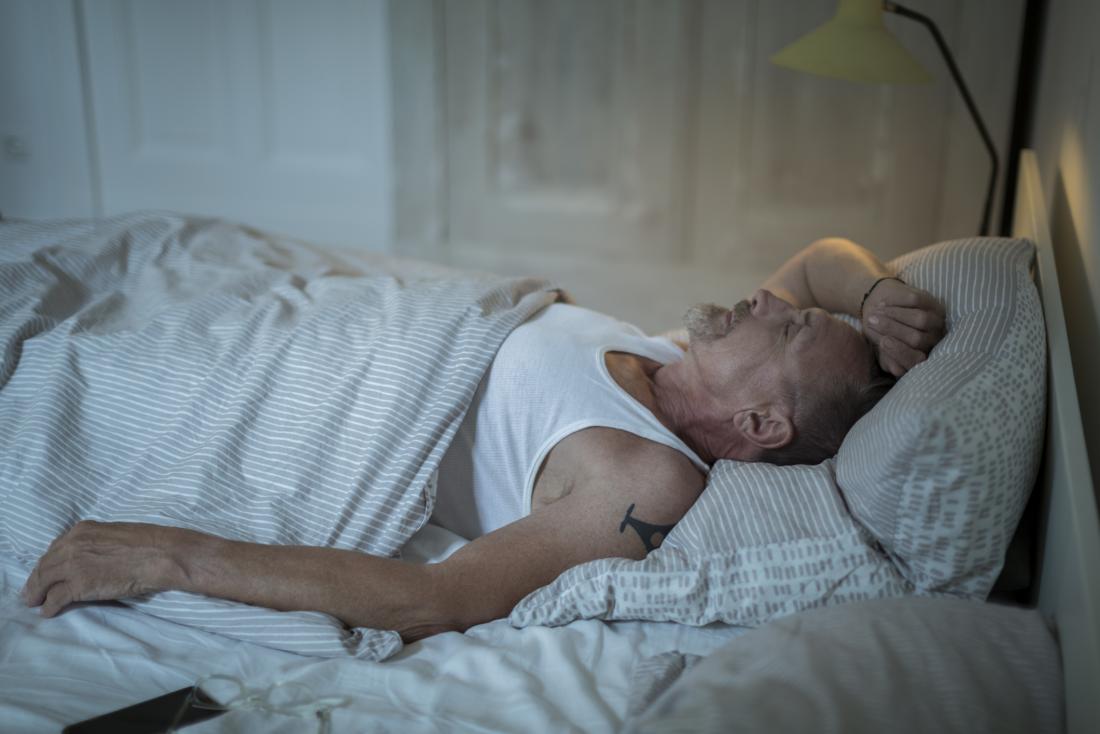Do you often get a headache or feel exhausted when you wake up? Does your bed companion complain about the sounds you make at night, such as snoring or gasping for air? If so, you may have sleep apnea, a severe disorder that is potentially dangerous and is growing more common.
Sleep apnea is a disorder when the soft tissue of the throat and mouth blocks the airway while the patient is asleep for which the solution is sleep apnea machine. Numerous micro-interruptions to your breathing throughout the night may disturb your sleep and you might not even realize it when you wake up. You can sometimes feel a stop in breathing or shallow breathing (or both). Click here for daily practices for the best sleep hygiene in 2022.
Because the tongue blocks the airway during sleep, sleep apnea may have serious long-term health consequences and need the use of an assistance breathing equipment. Find out whether you could have sleep apnea by continuing to read.
What is apneic sleep?
First of all, there are two different forms of sleep apnea: central and obstructive.
When air cannot enter or exit the mouth and nasal passages despite your breathing attempts, you have obstructed sleep apnea.
When the brain fails to provide the signal to your breathing muscles, central sleep apnea develops.
How can I tell whether I suffer from sleep apnea?
It may be difficult to distinguish between central and obstructive sleep apnea since some symptoms are similar. A skilled doctor should be consulted about your concerns, however there are a number of symptoms that might point to sleep apnea.
Since you are asleep or almost asleep when it happens, you may not be aware that you have sleep apnea, but someone else could notice it while you are asleep.
Seek the advice of a sleep professional if you or someone who sleeps nearby notices these habits while you’re sleeping:
- Not breathing at all Breathing heavily and snoring loudly
- You could also encounter:
- Coughing or gasping for breath when you awaken.
- Waking up with a scratchy or dry throat. (as a consequence of using your mouth as opposed to your nose to breathe)
- Morning migraines brought on by a lack of oxygen
- Dry mouth as a result of gasping for air
- Forgetfulness
- Disinterest in sex
- Dizziness upon rising
- Insomnia, restless sleep, or frequent waking
- Feeling fatigued or lacking in energy after a full night’s sleep as a result of sleep interruptions (due to low oxygen)
These signs of sleep apnea are not always present, however. To ensure that you get an accurate diagnosis and course of treatment, it’s important to bring these potential sleep apnea symptoms to your doctor’s notice.

The frequency of sleep apnea
Obstructive sleep apnea (OSA), according to studies from Case Western Reserve University3, is thought to affect 2 to 9 percent of individuals in the country. They discovered that those with a BMI (body mass index) more than 30 kg/m2 had a sleep apnea up to seven times more often than those without. Men also have a four-fold higher risk of developing sleep apnea than women. Although sleep apnea may affect people of any age, its prevalence increases with age4.
The prevalence of central sleep apnea in those over forty is 0.9%. Obstructive sleep apnea is often mentioned when individuals discuss sleep apnea.
Risk factors for sleep apnea
Anyone might be affected by the illness known as sleep apnea. However, several elements might raise your risk:
Obesity
Having sleep apnea is more likely if you are overweight. When you sleep, extra weight may put strain on your windpipe and prevent ventilation.
Use of alcohol, tranquilizers, or sedatives
Alcohol and sedatives relax your throat, which makes it simpler for the airway to get obstructed. Drugs, both prescribed and over-the-counter, may also affect how your brain controls sleep and communicates with the breathing muscles.
History of sleep apnea in the family
There is a higher chance that you will get OSA if one or more of your close relatives do. The likelihood of having sleep apnea may be decreased by leading a healthy lifestyle, however heredity has been found as a risk factor.
Hormonal disorders
By inflaming airway tissues and raising the likelihood of obesity, hormone regulatory disorders such hypothyroidism6 may increase the risk of sleep apnea.
Nasal clogging
You are more prone to get sleep apnea if congestion makes it difficult for you to breathe through your nose.

How Does Sleep Apnea Happen? All Information You Need to Know
Exactly how is sleep apnea identified?
To find out whether you have sleep apnea, you should speak to a doctor, preferably one who specializes in sleep medicine. Your doctor will rule out any further medical conditions or potential reasons for your signs and symptoms before determining that you have sleep apnea.
There are various methods used to assess sleep apnea, including:
Medical background
Your specific medical history will be taken into consideration while your doctor assesses probable sleep apnea symptoms. Your family history will be examined for signs of sleep apnea or other sleep disorders, and it will be determined if you have any additional risk factors for developing undiagnosed sleep apnea or any negative health effects.
Inspection of the body
The most frequent physical characteristics that cause sleep apnea include face structure, neck and waist circumference, and waist and neck circumference. Blood pressure issues might be present as well. In order to search for things like bigger tonsils or architecturally unique characteristics in your upper airway, your doctor will carefully examine your jaw and mouth.
Sleep research
The gold standard for identifying sleep apnea is the polysomnography (PSG), a sleep study test. A PSG is a sleep study that is done in a lab and records your blood oxygen levels, heart rate, breathing, eye movements, and leg movements. A sleep specialist may sometimes be able to help with in-home monitoring.
When to see a doctor
Do not wait to see a doctor for an evaluation if you believe you may have sleep apnea. Once diagnosed, you may almost immediately start treatment for sleep apnea.
Numerous assistive devices may aid by moving the jaw or applying constant positive pressure. A CPAP machine is often used during therapy. Return to your doctor for a second examination if treatment does not help with your snoring or sleep issues.
